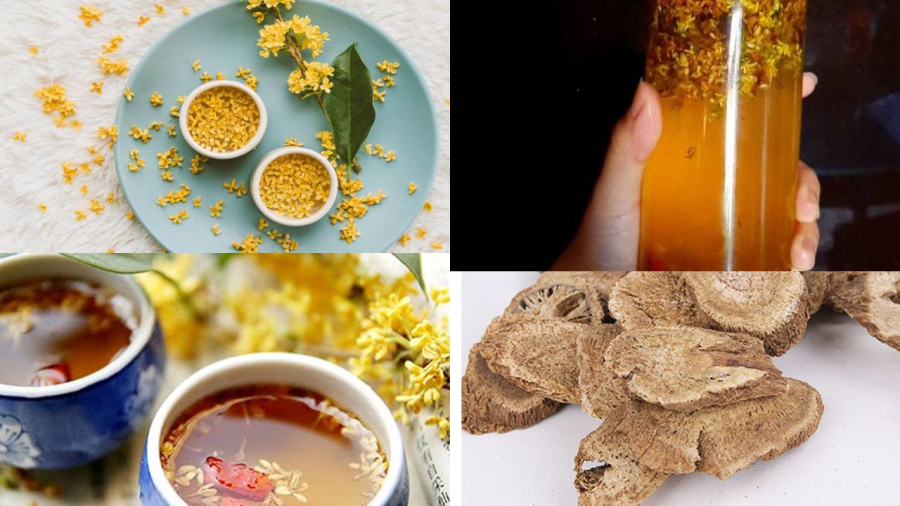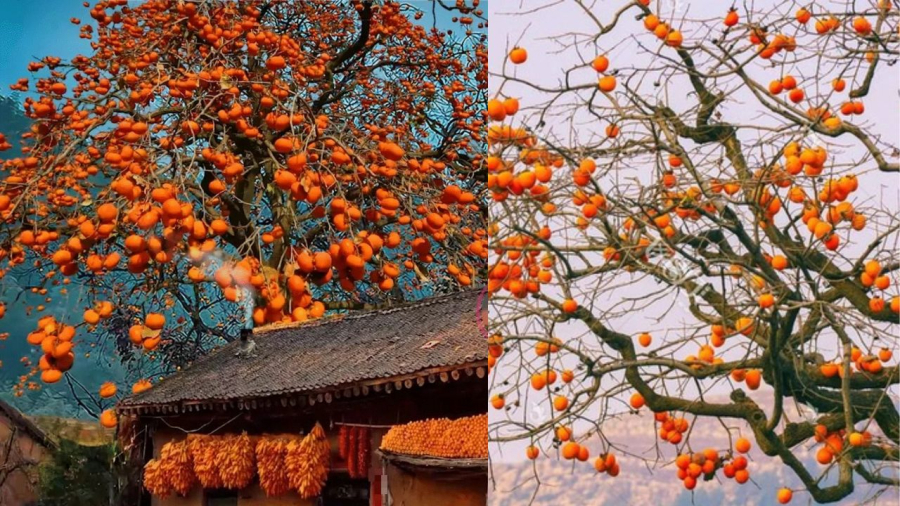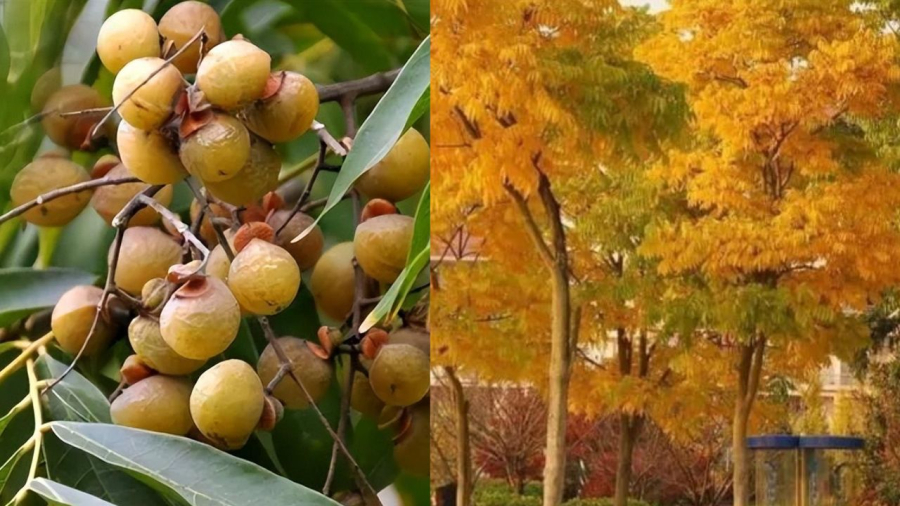In the past, our ancestors had a saying: “A house with three golden plants brings wealth and prosperity to the family, and their descendants will thrive.” This is not just a proverb but also a profound teaching, reflecting a harmonious philosophy between humans and nature. The three plants mentioned by our ancestors are not only symbolic of feng shui but also closely associated with sustainable economic and spiritual values across generations. These plants are: Jasmine, Pear, and Soapberry.
1. Jasmine – A Symbol of Fragrance and Prosperity
Jasmine is a small shrub with evergreen leaves and highly fragrant flowers that bloom in the fall. For a long time, jasmine has been planted near entrances, in gardens, or by windows, not just for its beauty but also to bring good fortune and prosperity to the household.

In feng shui, jasmine helps balance yin and yang, creating a refreshing and serene living space. The scent of jasmine flowers is believed to ward off negative energy and attract positive vibes for the family. Traditionally, it is thought that a house with jasmine brings good fortune and blessings, and their descendants will be endowed with intelligence and exceptional talent.
Medicinally, jasmine flowers and roots are used to treat digestive issues and help calm the mind, reducing stress. This demonstrates the plant’s beauty and usefulness for both physical and mental health.

2. Pear – A Symbol of Abundance and Success
Pear is a valuable fruit-bearing tree. Pears have a sweet and crisp taste and are packed with nutrients beneficial to health. In the past, Vietnamese people grew pear trees not just for their fruit but also as a symbol of abundance, fulfillment, and success.
Folk beliefs hold that a pear tree laden with fruit represents a large family with abundant wealth and prosperity. Particularly, as pears ripen in the fall – the season of harvest and abundance – it further enhances the feng shui symbolism of fullness and prosperity.

Feng shui-wise, pear trees emit positive energy, helping families maintain harmony and avoiding disputes. As a result, family members’ career paths are smoother and more fortunate. The ancients believed that growing pear trees in the garden was a way to cultivate good fortune, leading to success in business and long-lasting blessings for descendants.
3. Soapberry – A “Green Gold” and a Symbol of Purity and Morality
Soapberry, or “the ancient people’s soap,” has been used for laundry and cleaning. The fruit contains natural saponins that create a soapy lather, making it ideal for washing clothes, dishes, and household cleaning without chemicals. Therefore, soapberry represents cleanliness, simplicity, and a natural lifestyle.

From a feng shui perspective, soapberry trees promote mental tranquility and energy balance in the home. Traditionally, it is believed that a family that plants soapberry trees values thriftiness, skillfulness, and morality. Such a family will enjoy abundance and harmony, free from worries of scarcity.
Today, with the resurgence of green and clean living, soapberry is even more valued. Beyond its natural cleaning properties, the tree also symbolizes educating descendants about frugality, respect for nature, and the preservation of family traditions.
Why Are They Called “Three Golden Plants”?
These three plants are likened to “golden plants” not because of their immediate material value but because of the sustainable and multidimensional value they bring. Each plant has its unique contribution to creating a happy home, a prosperous family, and a thriving lineage:
- Jasmine brings prosperity and positive energy.
- Pear symbolizes abundance and fulfillment.
- Soapberry stands for cleanliness, simplicity, and virtue.
Planting is like sowing seeds of hope. When a house has greenery, fragrant flowers, and delicious fruits, the living space becomes more pleasant, and people’s moods become happier and more positive. This is the “living feng shui” that our ancestors emphasized – by living in harmony with nature, we naturally attract good fortune.

The saying, “A house with three golden plants brings wealth and prosperity to the family, and their descendants will thrive,” is a testament to the profound folk wisdom and the natural, harmonious way of life of the Vietnamese people of the past. Jasmine, pear, and soapberry – each plant encapsulates a lesson about life, morality, and prosperity.
Today, despite societal advancements and the potential fading of some traditional values, the feng shui perspective remains significant. Consider planting one of these three “golden plants” in your garden, on your rooftop, or by your front porch. Not only will you beautify your living space, but you will also be sowing seeds for your descendants’ future, inviting blessings and prosperity for your entire family.
Reference for contemplation





































